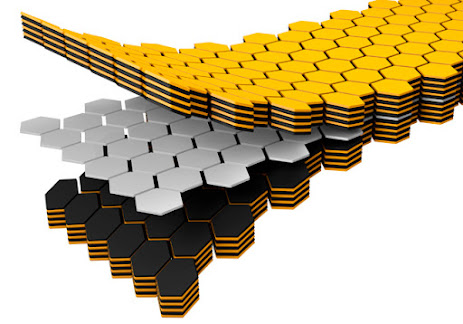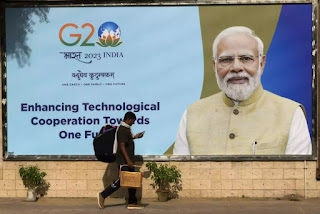important these technologies will be for the future
Next generation battery technology
WHAT IS IT?
In lithium-ion (Li-ion) batteries, energy storage and release is provided by the movement of lithium ions from the positive to the negative electrode back and forth via the electrolyte. In this technology, the positive electrode acts as the initial lithium source and the negative electrode as the host for lithium. Several chemistries are gathered under the name of Li-ion batteries, as the result of decades of selection and optimization close to perfection of positive and negative active materials. Lithiated metal oxides or phosphates are the most common material used as present positive materials. Graphite, but also graphite/silicon or lithiated titanium oxides are used as negative materials.
WHAT ARE ITS ADVANTAGES?
Today, among all the state-of-the-art storage technologies, Li-ion battery technology allows the highest level of energy density. Performances such as fast charge or temperature operating window (-50°C up to 125°C) can be fine-tuned by the large choice of cell design and chemistries. Furthermore, Li-ion batteries display additional advantages such as very low self-discharge and very long lifetime and cycling performances, typically thousands of charging/discharging cycles.
WHEN CAN WE EXPECT IT?
New generation of advanced Li-ion batteries is expected to be deployed before the first generation of solid-state batteries. They’ll be ideal for use in applications such as Energy Storage Systems for renewables and transportation (marine, railways, aviation and off road mobility) where high energy, high power and safety is mandatory.
Lithium-ion (Li-ion) batteries are the current standard for EVs, yet they have short life cycles and have a history of overheating.
“Recent research around lithium-based chemistries has revolved around using different lithium-based batteries to provide better fire resistance, quicker charges, and longer life spans,” says James Hodgson, Principal Analyst at ABI Research. However, while the Li-ion battery will continue to progress, it will be solid-state and lithium-silicon technologies that will be the real EVB game changer.
Numerous investments from OEMs such as Volkswagen, BMW Group, and Daimler, have been made in solid-state technology and lithium-silicon technology companies, including QuantumScape, Solid Power, Enevate and Sila Nanotechnologies. These investments highlight how important these technologies will be for the future of EVBs.


